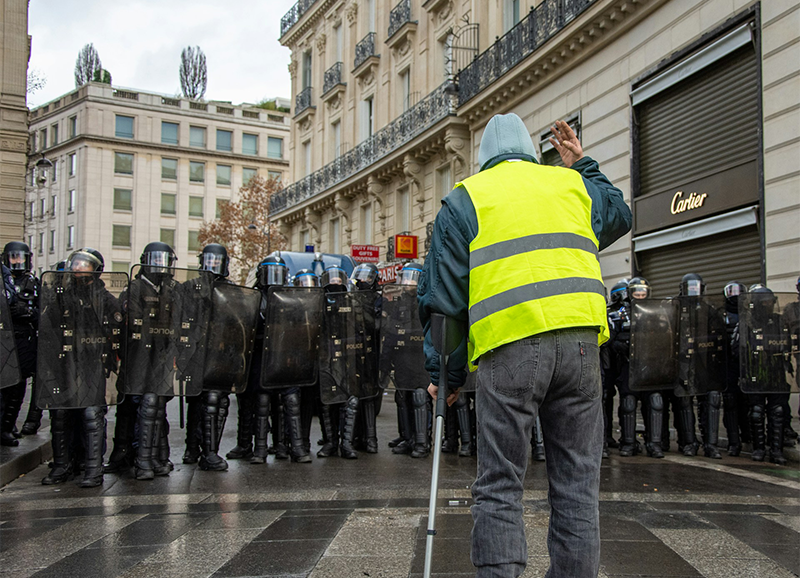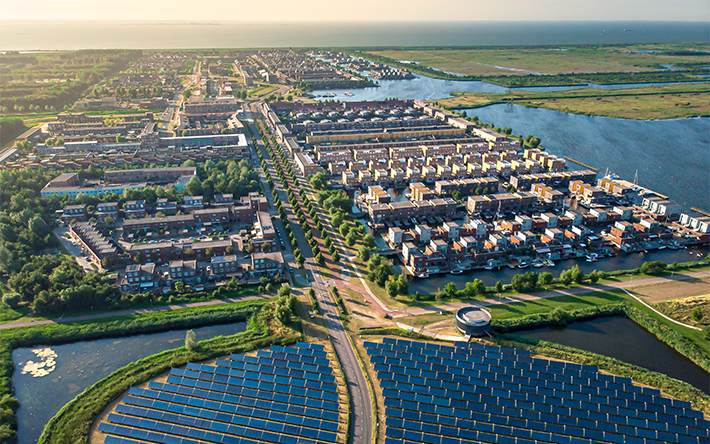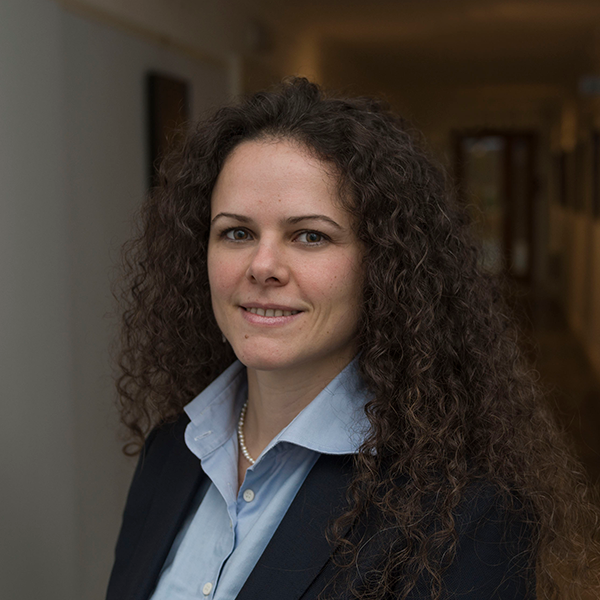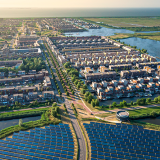
Sociale samenhang en convergentie bevorderen
Het bevorderen van sociale samenhang en convergentie vormt één van de zes hoofdactiviteiten in het werkprogramma van Eurofound voor de periode 2021-2024. Eurofound zal blijven fungeren als kenniscentrum voor het monitoren en analyseren van de belangrijkste trends en bepalende factoren voor het realiseren van opwaartse convergentie in levens- en werkomstandigheden en het versterken van economische en sociale samenhang in de EU. De COVID-19 -pandemie vormt een ongekende uitdaging voor de economische en sociale veerkracht van de EU en benadrukt de kwetsbaarheid van de reeds geboekte vooruitgang in de convergentiepatronen.
De komende vier jaar zal Eurofound belangrijk inzicht verschaffen in de uitdagingen en vooruitzichten op het gebied van sociale samenhang en convergentie in de EU. Dit inzicht zal helpen de economieën en samenlevingen binnen de EU bestand te maken tegen toekomstige schokken. Eurofound zal zijn werk van voorafgaande jaren op het gebied van opwaartse convergentie uitbouwen, en zal daarbij vooral de nadruk leggen op het mogelijke ontstaan van nieuwe ongelijkheden tussen burgers evenals mogelijkheden om de toegenomen uitdagingen voor de sociale samenhang aan te pakken die door de crisis zijn veroorzaakt. Het agentschap zal regelmatig verslag uitbrengen over trends in opwaartse convergentie in de sociaaleconomische dimensie, evenals in de dimensies die op het niveau van de lidstaten en regio’s zijn aangegeven in de Europese pijler van sociale rechten, en zal daarbij de EU vergelijken met andere ontwikkelde landen.
Bij het onderzoeken van factoren die economische en sociale convergentie bevorderen en wat de gevolgen van de convergentie zijn, zal Eurofound aandacht besteden aan uiteenlopende factoren: sociale investering, mobiliteit en institutionele kaders, regelgeving, stelsels van sociale voorzieningen, institutionele kwaliteit en overheidsdiensten , sociale dialoog en structurele hervormingen. Er zal worden onderzocht hoe doeltreffend de respons van de EU op de pandemie is voor economische en sociale convergentie. Ook zal de situatie in het eurogebied in aanmerking worden genomen en zal met name aandacht worden besteed aan de vraag welke invloed arbeidsverhoudingsprocessen bij convergentie hebben.
Eurofound zal de trends in en aanjagers van sociale samenhang in de Europese Unie onderzoeken, met name door na te gaan hoe de COVID-19-pandemie bestaande ongelijkheden heeft versterkt of nieuwe ongelijkheden in het leven heeft geroepen die de samenleving in het algemeen of specifieke groepen burgers treffen. De analyse richt zich op economische, sociale en gezondheidsverschillen, zowel op de arbeidsmarkt als wat betreft de toegang tot en de kwaliteit van essentiële goederen en diensten zoals gezondheidszorg, huisvesting, onderwijs en sociale bescherming . Het verband tussen ongelijkheid, vertrouwen in en ontevredenheid met instituties wordt onderzocht. Andere aandachtsgebieden zijn migratie , integratie en maatschappelijke spanningen.
De onderzoeksresultaten die uit deze activiteit voortkomen, zullen bijdragen aan het werk van de verschillende diensten van de Europese Commissie en het Comité voor de werkgelegenheid (EMCO), het Comité voor sociale bescherming (SPC), het Economisch en Financieel Comité (EFC), de Raad en het Europees Parlement, mede met betrekking tot het Europees Semester.
“De COVID-19-crisis heeft het concept van opwaartse convergentie terug naar het middelpunt van het politieke debat gebracht…. Opwaartse convergentie is belangrijk voor de stabiliteit van de Unie. Als we de belofte van opwaartse convergentie niet waarmaken, lopen we het risico het functioneren van de Unie te ondermijnen en politieke onvrede over het project van de Europese Unie te creëren.”
Massimiliano Mascherini, hoofd van de eenheid Sociaal beleid




























